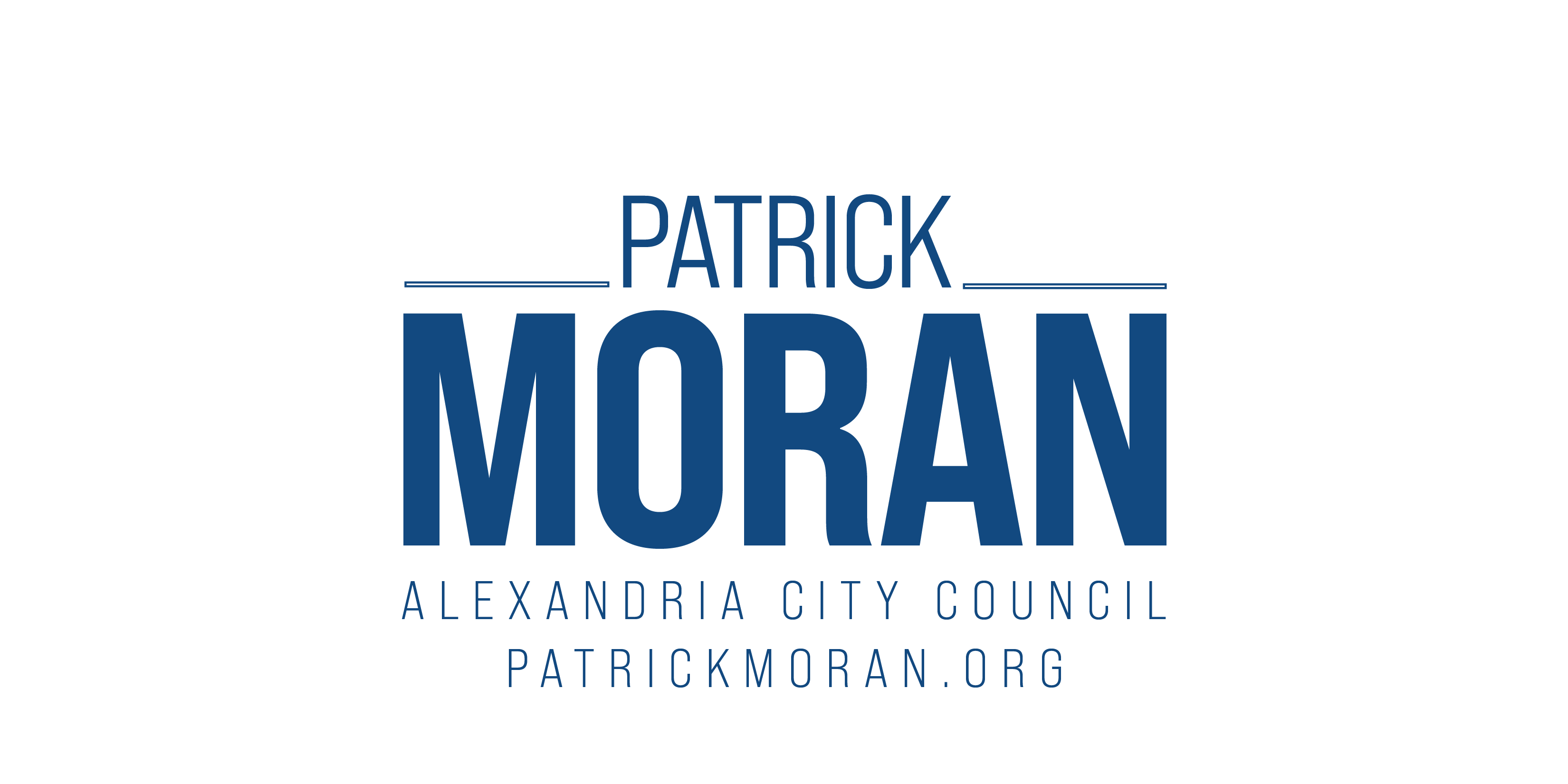Failed Process: Seminary Road Diet
The Alexandria City Staff and City Council mishandled the Seminary Road Diet project, seeding division and vitriol in our community that has impacted the lives of thousands of people in the City of Alexandria. We must learn from this and resolve deficiencies in how decisions are made in our local government.
Far more detrimental than any rush hour delays, the failed process has led to division and vitriol in our community.
By a 4-3 vote, City Council decided to repave Seminary Road to its current condition, consistent with prior pledges to advance Vision Zero and Complete Street Goals. Yet, simultaneously, the majority of the City Council discounted the process of the Traffic and Parking Board as well as valid concerns of citizens, taxpayers, and other members of the community it was elected to represent. When decisions are required that require trade-off between plans that have been agreed to prior, pledges, goals, and community desires, we must be transparent in these trade-offs.
Community Buy-In to Restore Civility
Community buy-in, different from engagement, is core to lasting positive decision-making processes.
It should be incumbent upon city leadership to achieve community buy-in when making decisions that impact the quality of life of any neighborhood in Alexandria. This is critical to a cohesive community and sense of respectful decision-making.
As a trained Project Manager, PMP, I recognize the deficiencies in the current policy-making culture and believe we need to fix them.
Decisions ought not to be binary or made in a vacuum because doing so often can result in bad outcomes. It leaves the community with a sense that they do not have control over decisions that directly impact their lives. That is undemocratic and understandably the source of frustration, which has metastasized into vitriol at a level unseen in recent Alexandria politics.
This vitriol has undermined the unity of our community and has inhibited what otherwise ought to be a constructive role of our citizen associations in policymaking. It must end, and our citizen associations must be strengthened through inclusivity and responsibility of policies that directly impact their communities.
We, as Alexandrians, deserve policies that positively impact our City’s future, with meaningful input by citizens who commit their expertise, experience, and passion to make Alexandria the absolute best it can be. Decision-making should not be the limited responsibility of our part-time elected officials or city staff of professionals most of whom see Alexandria just as their employer, rather than a city they call home.
Score Cards: New Processes to Improve Decision-Making Process
To begin to address these deficiencies, I call on Council to implement easily recognizable scorecards that measure impact on various projects, developments, and policies on multiple levels: economic, environmental, quality of life, equity, safety, infrastructure, and others. Boards and commissions ought to be empowered to evaluate projects and complete these scorecards. This will ensure that as a community we recognize the tradeoffs and upsides of various decisions.
For the Seminary Road Diet, this type of analysis criteria could have been the basis of mutual understanding and empathy, not pandering or protest votes.
An economic impact analysis would have shown a projection of increased property valuations for homes along Seminary Road, tourist and attraction impact of the Virginia Theological Seminary, which advocated for the road diet, and the cost of congestion.
Quality of life scorecard would have recognized the benefits of the center turn lane for cul-de-sac neighborhoods on King James Place, Chapel Hill Drive, North Frazier Drive, Greenwood Place, allowing legal access to their homes without forcing illegal left turns, u-turns, or extending waiting to merge into traffic from the other side of the street. It would also have shown the stress of traffic delays and anticipated cut-through traffic. This would have been the basis on which we could have planned for additional improvements or ordinances to prevent cut-through traffic impacting residential neighborhoods elsewhere.
A public safety scorecard would have prevented taxpayer dollars from being spent on obstructions. For as long as we have a fire department and hospital located on Seminary Road, we must not have two curbed pedestrian medians in the middle of the road that could block emergency vehicles from using the middle lane during rush hour. A decision-making process that incorporated the Traffic and Parking Board recommendations, would not have resulted in these errant obstructions that could delay fire, police, and ambulances from losing critical seconds.
I believe that a more thorough and pointed discussion would have yielded a result different than what is currently present on Seminary Road. I believe the cost of reconciling obstructions is money worth spending.
As a member of the City Council, I will be a bridge-builder amongst all Alexandrians who are committed to a better Alexandria.
What does the future of road diets look like for Alexandria?
